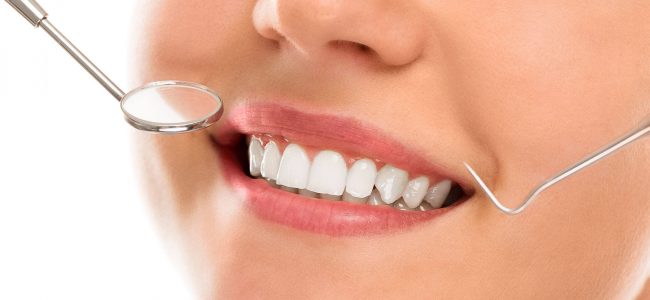There is a synergic link between oral health and wellness. Gum disease can be a sign of many chronic illnesses. Problems with your teeth and gums can also put you at risk for potentially life-threatening conditions. If you think it’s just your teeth, then it is time to learn more about the link between oral health and your overall wellbeing.
What Does Oral Health Mean?
The Centers for Disease Control and Prevention (CDC) defines oral health as the condition of your teeth, gums, and other components of the oral-facial system like your jawbone. These are all things that allow you to speak, chew and smile.
Millions of Americans suffer from one or more oral health conditions, which include:
- Caries in the teeth (cavities)
- Periodontal (gum) disease
- Oral and facial discomfort
- Cancers of the mouth and throat (oral and pharyngeal).
Even something as simple as a cavity opens your body up to the risk of infection. Diabetes, heart disease, and stroke all may have links to gum disease. Gum disease may also play a role in preterm deliveries and low birth weight in pregnant women.
What is Gum Disease?
Gum disease is the most prevalent chronic inflammatory disorder; however, it also frequently goes undiagnosed. Your mouth serves as an entry point for an infection that can severely affect other body systems, such as your heart.
Inflammation in your mouth can allow germs to enter your bloodstream, potentially causing further inflammation in different regions of your body. Evidence shows that bacteria that enters the body through a broken tooth or other dental problem may be a factor in heart disease and stroke.
Gum Disease and Diabetes
Sometimes it’s the combination of illness and poor dental health that puts you most at risk. There is a clear connection between diabetes and periodontal (gum) disease. There is evidence that people with diabetes are more prone than non-diabetics to develop and have severe periodontitis. According to research, periodontitis might make it more difficult for those who have diabetes to control their blood sugar.
Oral Health Is Important to Maintaining Good Overall Health
Given the probable relationship between poor oral health and systemic health issues, prevention may be one of the most critical steps you can take to stay well. Taking care of your teeth and mouth starts at home with good oral hygiene.
Brush your teeth at least twice a day. Once a day, use floss or another form of interdental cleaner between your teeth to remove food and debris.
As part of your regular oral hygiene practice, the dentist may tell you to use an antibacterial mouth rinse, as well. Choose dental items that have the American Dental Association’s Seal of Acceptance, a significant symbol of a product’s safety and effectiveness.
Also, eat a balanced diet with plenty of fiber, vitamins, and minerals. Stay away from sugary drinks and snacks, too—sugar increase bacterial activity in the mouth.
Finally, see the dentist for an oral health checkup and dental cleaning regularly. Find your local Ideal Dental office today to schedule a visit with our dentists.
